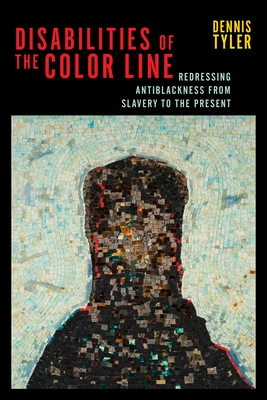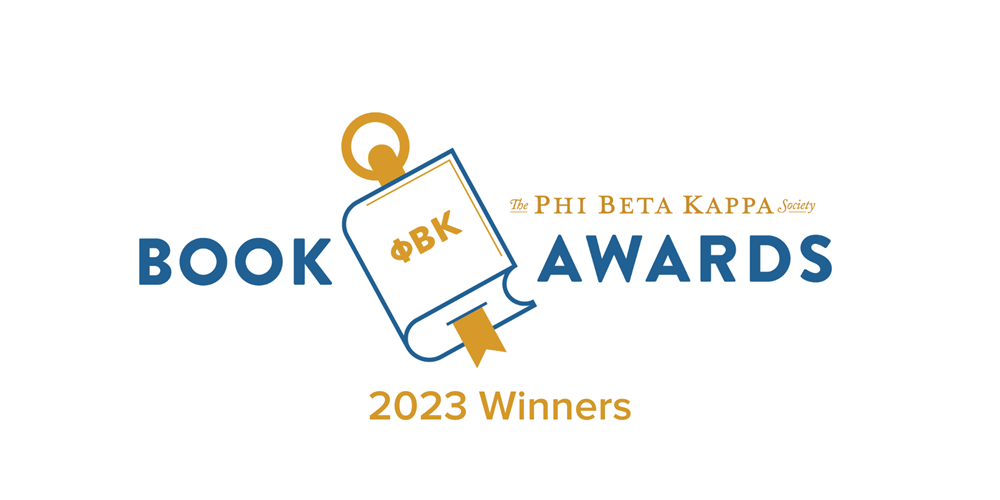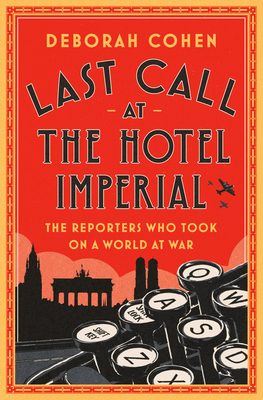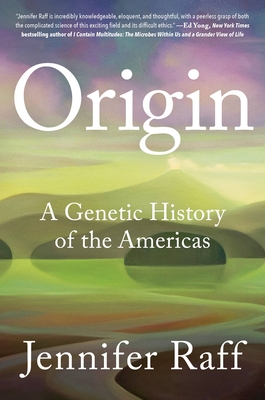
By Dennis Tyler, NYU Press
"Through both law and custom, the color line has cast Black people as innately disabled and thus unfit for freedom, incapable of self-governance, and contagious within the national body politic. Disabilities of the Color Line maintains that the Black literary tradition historically has inverted this casting by exposing the disablement of racism without disclaiming disability.Disabilities of the Color Line: Redressing Antiblackness from Slavery to the Present
In place of a triumphalist narrative of overcoming where both disability and disablement alike are shunned, Dennis Tyler argues that Black authors and activists have consistently avowed what he calls the disabilities of the color line: the historical and ongoing anti-Black systems of division that maim, immobilize, and stigmatize Black people. In doing so, Tyler reveals how Black writers and activists such as David Walker, Henry Box Brown, William and Ellen Craft, Charles Chesnutt, James Weldon Johnson, and Mamie Till-Mobley have engaged in a politics and aesthetics of redress: modes of resistance that, in the pursuit of racial and disability justice, acknowledged the disabling violence perpetrated by anti-Black regimes in order to conceive or engender dynamic new worlds that account for people of all abilities. While some writers have affirmed disability to capture how their bodies, minds, and health have been made vulnerable to harm and impairment by the state and its citizens, others’ assertion of disability symbolizes a sense of community as well as a willingness to imagine and create a world distinct from the dominant social order." - NYU Press



